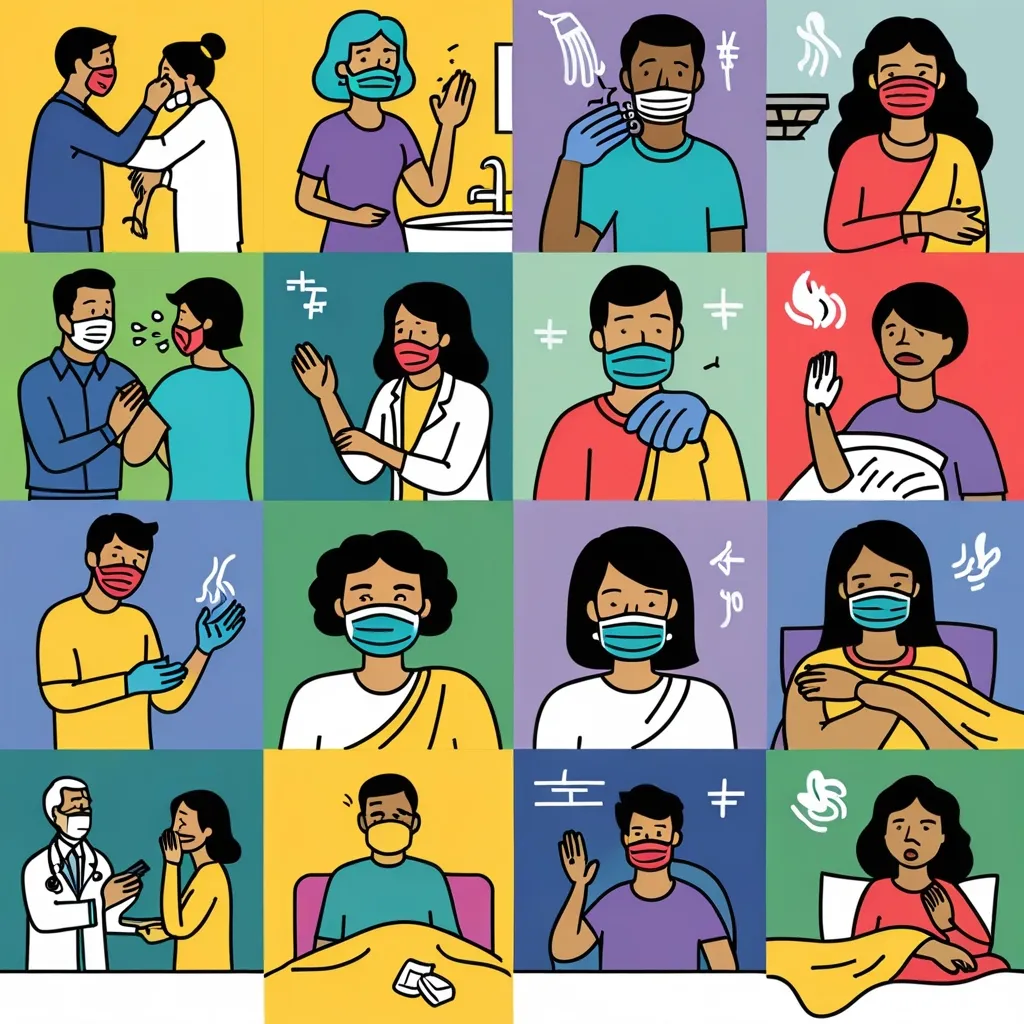Social Connections: The Missing Link in Your Health Journey
We all know that eating right and hitting the gym are important for our health. But there’s another crucial element that often gets overlooked - social connections. Yep, you heard that right. The people you hang out with and the relationships you nurture can have a massive impact on your overall wellbeing. So let’s dive into why social engagement should be your next big health priority.
Health isn’t just about your physical body anymore. It’s a whole package deal - physical, emotional, mental, social, and even spiritual. Think of it like a pizza. Sure, the crust (physical health) is important, but it’s the toppings (all the other aspects) that really make it delicious. And just like a pizza, all these elements work together to create something amazing - your overall wellness.
Having a solid crew around you can make all the difference when you’re trying to get healthy. Ever tried to stick to a new workout routine on your own? It’s tough, right? But throw a workout buddy into the mix, and suddenly you’re pumped to hit the gym. It’s not just about having someone to spot you on the bench press - it’s about having someone who cares about your progress and cheers you on.
And let’s talk about mental health for a sec. We all have those days when we’re feeling down or stressed out. Having friends or family to talk to can make those rough patches a lot easier to navigate. It’s like having your own personal cheerleading squad, ready to boost you up when you’re feeling low.
Now, you might be thinking, “But I’m an introvert! I don’t need people!” Hold up there, lone wolf. Even if you’re not a social butterfly, having a sense of community is still super important. And the good news is, in this digital age, finding your tribe is easier than ever.
You don’t have to be the life of the party to benefit from social connections. Maybe you’re more comfortable joining an online forum for people with similar health goals. Or perhaps you prefer small, intimate gatherings with a few close friends. The key is finding what works for you and sticking with it.
Here’s the cool part - science backs this up. Research shows that people with strong social ties tend to live longer, have better mental health, and even enjoy physical perks like lower blood pressure. It’s like having a secret weapon in your health arsenal.
Think about it - if your friends are into healthy eating and regular exercise, chances are you’ll pick up those habits too. It’s not about peer pressure; it’s about surrounding yourself with people who inspire and motivate you to be your best self.
And it’s not just about personal relationships. The healthcare world is catching on to the importance of social engagement too. They call it “patient engagement,” and it’s all about creating a partnership between you and your healthcare providers. It’s not just about getting a prescription and going home anymore. Now, it’s about working together to manage your health.
Healthcare providers are getting creative with how they keep patients engaged. They might use a mix of phone calls, emails, and text messages to check in on you, conduct health assessments, and provide personalized care. It’s like having a health coach in your pocket!
Technology is playing a huge role in this social health revolution. Health and fitness apps are no longer just about tracking your steps or calories. Many now include social features that let you connect with other users, join challenges, and share your progress. It’s like having a virtual gym buddy cheering you on 24/7.
But it’s not just about the fun stuff. Social engagement in healthcare is also helping to address some serious issues, like social determinants of health. These are things like access to healthy food, safe housing, and social support that can have a big impact on your health. By engaging with patients and understanding their unique situations, healthcare providers can offer better, more personalized care.
Consistency is key when it comes to health, and that’s where social engagement really shines. Let’s face it - changing habits is hard. Whether you’re trying to quit smoking or start a new diet, it’s easy to get discouraged and give up. But when you have a support system cheering you on, it’s much easier to stick with it for the long haul.
One of the coolest things about social engagement in health is how personalized it can be. Everyone’s health journey is different, and what works for your best friend might not work for you. By connecting with others who have similar goals or challenges, you can get advice and feedback that’s tailored to your specific needs.
Social engagement can also help break down barriers to good health. Maybe you live in a rural area and can’t easily get to a doctor’s office. Telehealth services can connect you with healthcare providers from the comfort of your own home. Or perhaps you’re struggling to afford healthy food. A local community group might be able to connect you with resources you didn’t even know existed.
So, next time you’re thinking about your health goals, don’t just focus on diet and exercise. Consider how you can boost your social connections too. Join a local sports team, volunteer for a cause you care about, or even just reach out to an old friend you haven’t talked to in a while.
Remember, your health isn’t just about you - it’s about the connections you make and the community you build around you. By prioritizing social engagement, you’re not just improving your health; you’re enhancing your entire quality of life. So go ahead, reach out and connect. Your mind, body, and soul will thank you for it!






